Let’s be honest: the phrase “affordable college education” feels like an oxymoron these days, doesn’t it? But here’s the thing, and this comes after actually digging into the numbers: West Michigan is still one of the best places where affordable and quality higher education can be found.
I’ve been thinking about this a lot lately, partly because I keep getting the same panicked questions from parents and students who are trying to navigate the financial maze of higher education. You know the ones: “What will we actually pay after financial aid?” “Are there hidden fees we don’t know about?” “How much debt is too much debt?” These are existential questions for families watching their children’s dreams bump up against their bank account balance.
What You Actually Need to Know
The most common question I hear is refreshingly straightforward: “What financial aid options are available?” It’s the question that leads to a dozen others. Here’s what families actually need to understand:
-
Start with the FAFSA, but don’t stop there. Complete it by July 1st if you want maximum Michigan state aid eligibility. Michigan offers the Michigan Tuition Grant (up to a couple thousand annually for private colleges), and the Michigan Competitive Scholarship for merit-based aid. These stack on top of federal aid.
-
The grant versus loan confusion is real. Grants are free money that doesn’t need to be repaid; think of them as educational scholarships. Loans are borrowed money that will follow you around like a persistent ex. Accept grants first, then work-study opportunities, then subsidized federal loans, and only consider private loans as a last resort.
-
Parents are constantly asking, “Will our income disqualify us from aid?” Here’s the thing: even families with decent incomes can qualify for some aid, and merit scholarships typically aren’t income-dependent. File the FAFSA regardless of what you think you’ll qualify for, you might be surprised.
-
“Is college worth the cost?” It’s a reasonable question these days. When students are graduating with mortgage-sized debt but no house to show for it, the value proposition deserves scrutiny. Practical rule: Don’t borrow more than your expected first-year salary after graduation; typically $30,000–$40,000 max. Research starting salaries for your intended major before deciding on debt levels.
Your Step-by-Step Strategy for West Michigan Colleges
Phase 1: Research (Junior Year)
-
Identify 8-10 target schools in West Michigan
-
Use each college’s net price calculator
-
Research Michigan-specific aid programs and deadlines
-
Start scholarship searches (Fastweb, local foundations)
Phase 2: Application Strategy (Senior Year Fall)
-
Submit FAFSA by July 1st for maximum state aid
-
Apply for institutional scholarships
-
Apply to multiple schools for aid package comparison
Phase 3: Smart Decision Making (Senior Year Spring)
-
Compare net prices, not sticker prices
-
Visit top choices to assess fit and value
-
Create a spreadsheet of four-year costs, grad rates, and outcomes
-
Negotiate if financial circumstances change
Where Purpose and Values Meet Affordability
In this affordable education landscape sits Grace Christian University in Grand Rapids. Grace has figured out something important: affordability and quality education that equips you for your future aren’t mutually exclusive.
What sets Grace apart among private West Michigan colleges is:
-
Transparent tuition with no hidden fees, what’s listed is what you pay
-
Degrees spanning business, education, leadership and ministry, psychology, criminal justice, and more, all taught from a Bible-centered perspective
-
The “Learn. Grow. Serve.” is a way we define how students are equipped as a courageous ambassador for Christ during their time at Grace.
-
Learn: Every program incorporates the Bible as a core value, grounding academics in spiritual truth to prepare students intellectually and ethically for all of life’s challenges.
-
Grow: Students are intentionally mentored by faculty and staff, developing both spiritually and personally through transformational relationships and real community.
-
Serve: Service, mission, and hands-on leadership are essentials, with outreach, internships, and community service embedded into every degree.
-
Grace’s mission is to “graduate courageous ambassadors for Christ who make an eternal impact wherever they go” This approach appeals to those looking for more than just a diploma: it offers a way for students to align skills with calling, develop moral frameworks, and become leaders who bring positive change.
“Though I study online rather than on campus, the connection I’ve built with the Grace community has been remarkable, from my supportive advisors to my approachable professors who genuinely care about student success.” – Brittani A, Online Psychology

What Makes Grace Genuinely Affordable
-
Tuition is lower than most private colleges: full-time on-campus tuition around $19,500 per year, that is less than 10k a semester, with an average net price (after aid) near $14,000; some lower-income students pay even less.
-
Every incoming on-campus student receives some financial aid.
-
Transparent pricing and flexible payment plan options for real family budgets.
-
Small class sizes lead to individualized attention, close mentorship, and hands-on opportunities to live out faith in every academic and career pursuit.
A student summed it up this way: Grace’s Bible-centered teaching “shapes not just what we learn, but who we become”, addressing something secular institutions often miss: Biblical principles for personal and professional decisions in a complicated world.
Red Flags and Smart Strategies
Warning signs to avoid:
- Schools requiring private loans beyond federal limits
- Promises of aid that seem too good to be true
- Pressure to decide quickly without time to compare options
- Vague answers about total program costs
- Poor job placement rates for your intended major
Smart strategies for success:
- Maintain your GPA to keep scholarship eligibility
- Apply for additional scholarships each year (yes, you can get scholarships as a continuing student)
- Consider work-study or part-time employment in your field
- Graduate on time to avoid extra semester costs
- Use career services early and often for internship and job placement
Special Considerations for Different Students
First-Generation College Students: Don’t be intimidated by the process. Utilize college access programs, ask questions about financial aid without embarrassment. Many West Michigan colleges have specific pathways for first-gen students.
Adult Learners: Look for evening and weekend programs (many West Michigan colleges offer these). Investigate employer tuition assistance programs. Consider accelerated degree options to reduce total time and cost. Grace Christian University and other regional institutions have designed programs specifically for working adults.
Transfer Students: Ensure your credits transfer efficiently by working with transfer counselors. Understand residency requirements for graduation. Many schools offer transfer-specific scholarships you might not know about.
The Bottom Line
The question isn’t whether you can find affordable, quality higher education in West Michigan, you can. The question is whether you’re willing to approach it strategically and look beyond the marketing hype to focus on what actually matters: institutions that deliver real value, prepare students for meaningful careers, and don’t require families to mortgage their futures for the privilege.
In a world that seems increasingly committed to extreme positions, maybe the radical act is choosing the reasonable the most affordable and value added option. West Michigan’s colleges and universities, with institutions like Grace Christian University leading the way, offer something increasingly rare: education that makes sense both financially and academically.
And honestly? In today’s higher education landscape, that is revolutionary. The most expensive college decision is the wrong one, regardless of cost. The most affordable decision is the one that leads to graduation, employment, and a career that justifies your investment.
Start with the net price calculators, file that FAFSA early, and remember that smart financial decisions about college today will benefit you for decades to come. Your future self will thank you.






